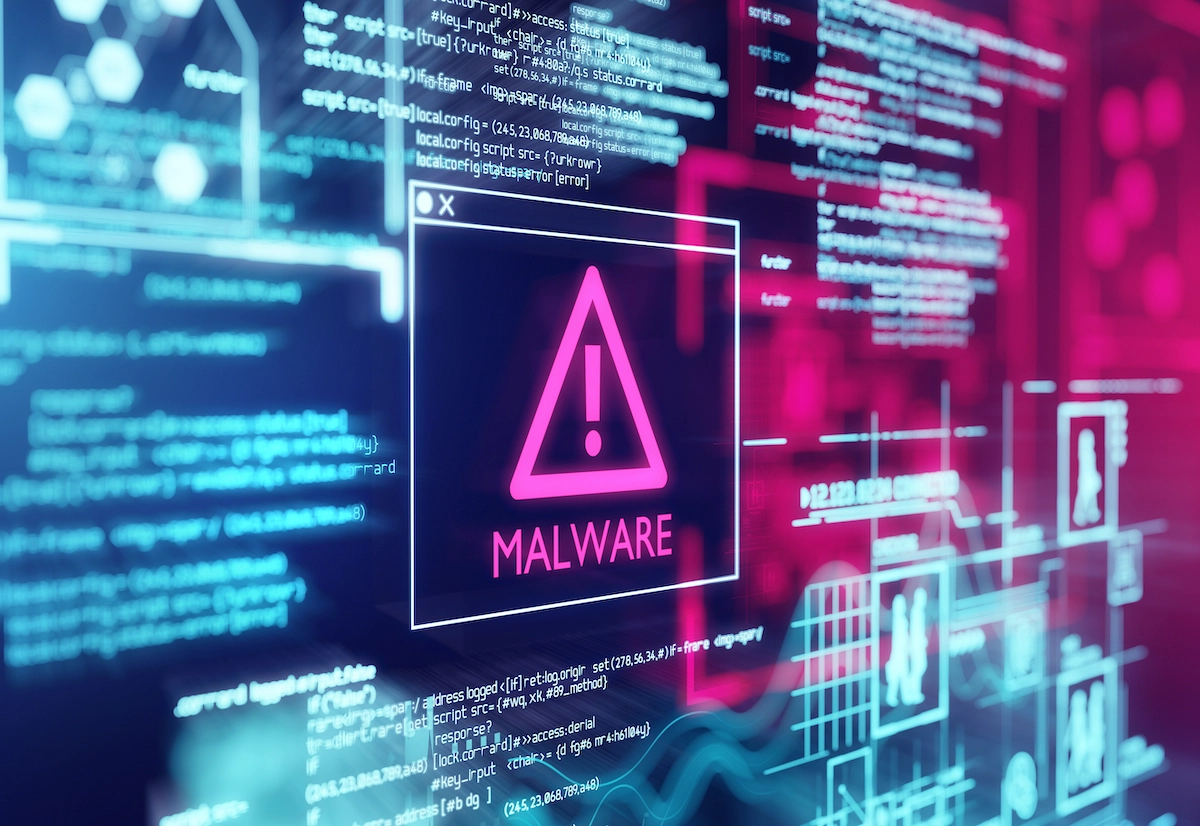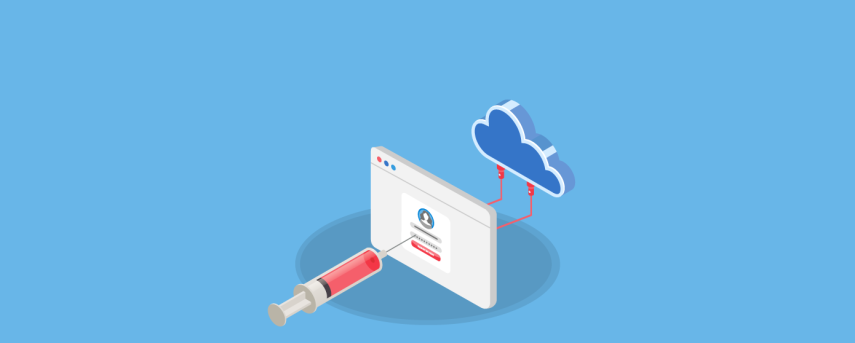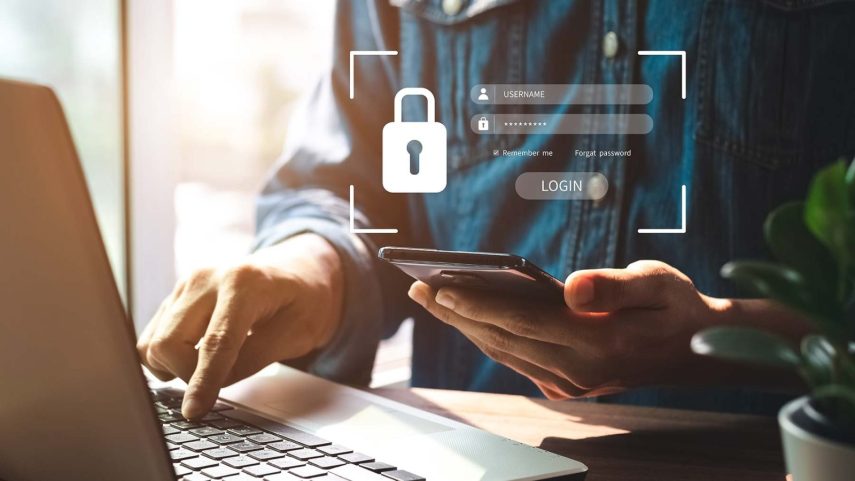What is IT security? IT security consists of the implementation of various strategies and tools that prevent, identify, document, and fight threats to your company’s data or systems. Ever since the rise of technology, almost every sector relies heavily on it, but just like anything else, there is always a need for security. Over the past decade, there have been numerous reports of companies and businesses incurring losses in the sum of billions due to poor security or neglecting how important IT security is to their companies. With such worrying numbers, there has been a rise in the need for IT security. Here are some of the top reasons why you should prioritize your IT security:
Hackers Are Relentless
One of the main problems that have arisen as a result of technology is the rise of hackers. Who is a hacker? A hacker is someone who seeks to gain unauthorized access to a system by manipulating the system’s defense mechanisms. Beyond traditional IT security measures, protecting the privacy of data is paramount. GuidePoint‘s data privacy services ensure that information remains confidential and is accessed only by authorized entities. Hackers are usually motivated by various reasons, but one of the main reasons is the rush they get from the challenge of penetrating the most sophisticated systems. So, no matter how big your company is, you are still vulnerable to attacks from hackers. Hackers can get past your IT security through various means. Examples of the standards used by hackers to gain access to your system include::
1.Denial Of Service
Denial of service is a cyber attack that floods your computer system or your organization’s network to the point that it can no longer handle or respond to any requests. Most attackers use this kind of attack as a smoke screen to launch even more covert and highly destructive attacks.

2. Malware Attacks
Malware attacks are the most common method of attack used by hackers. Malware attacks usually involve the installation of unwanted software into your system without your consent. There are multiple malicious software that can grant access to your system or network to hackers, such as:
- Ransomware is a type of malware that is designed to deny you access to your system or network by encrypting your files and holding the decryption key hostage until a ransom is paid. Cases of ransomware attacks have been on the rise, with one of the most recent attacks being the Howard university attack.
- Spyware is malicious software designed to gather information about a person or an organization and then send it to a third party, usually without consent and in a way that harms the targeted individual or organization.
- Trojan malware disguises itself as a legitimate software but implements the attack it was designed to perform once installed.
- Virus malware is designed to piggyback on existing programs and is usually activated once the program is executed. Virus malware tends to corrupt or delete data in your system or network.
- Worm malware attacks computer systems or networks by self-replicating until it consumes significant network bandwidth and system resources to the point you can gain access or use your systems.
3. Phishing
Phishing is a social engineering attack that hackers use to steal user data like credit card credentials and login credentials. Phishing usually involves an attacker masquerading as a trusted entity sending you an email containing a link that installs malware into your system if clicked.

4. SQL Injection
SQL injection is an attack that results from the insertion of malicious code into a server that uses SQL. Once your server is infected, it tends to release information that wasn’t supposed to be displayed to the public.
5. Man In The Middle
Man in the middle is an attack where the attacker inserts themselves between a user and their network and introduces malware into the system, granting them unrestricted access to your system.

6. Password Attacks
A password attack is a social engineering attack that relies on human interaction where the attacker tricks you into violating your company’s IT practices.
To Avoid Legal Trouble
Due to the over-reliance on technology, most people tend to have sensitive documents or information online where they believe it is safe, as do most companies. Some sensitive information includes trade secrets, personal information, medical records, professional secrets, state secrets, and company secrets.
If your company lacks or has poor IT security and unauthorized characters can access your client’s sensitive information, you are liable for all the losses that your clients may face as a result of the attack. So, by prioritizing IT security, you are assuring your clients of the three principles of IT security which are confidentiality, availability, and integrity of their data, thus preventing any future legal troubles.
A good example of such an incident is the Marriott breach of 2020, where an employee credential was stolen and then used to access over 5.2 million guests’ information. Due to Marriott’s failure to protect, they were required to pay a fine of about 18.5 million pounds, and also, a class action suit was filed against them.
To Prevent Revenue Loss

Poor or no IT security for your firm can lead to massive revenue losses that may result from cyber-attacks, loss of data, data corruption, and hackers. These costs might be in the form of:
- Increased insurance premiums – once you fall victim to an IT security breach, you’ll be required to purchase another insurance policy. Most insurance companies tend to charge high premiums to companies that have experienced an IT breach.
- Operation disruption – when an IT attack against your company occurs, the data left behind are mostly corrupted. Hence, you’ll have to incur the costs of rebuilding your company from scratch.
- Loss of your sources of income – most people won’t want to be associated with a firm that has experienced an IT breach since they will see it as unsafe hence the loss of your source of income.
- Repairing customer relations – in order for you to regain your customers’ trust, you’ll have to spend money on campaigns to repair the broken trust of your customers in your company.
- Loss of intellectual property – Loss of intellectual property will lead to loss of exclusive control over copyrights, investment plans, trade secrets, and other confidential information, which in turn results in loss of revenue and competitive advantage over your competitors while also causing irreparable economic damage to your company.
Not All Software Are Secure

It happens to be an assumption that most software developers prioritize security during the development of most apps, but that isn’t usually the case. What most software developers tend to prioritize more than anything else is the software’s speed and functionality. Due to this misguided notion, you might find yourself with a software that makes your entire network vulnerable to all sorts of attacks.
This is usually common if you happen to be using third-party software. Most third-party software tends to have backdoors in case of an emergency. Still, due to misplaced priorities, hackers can exploit these backdoors. So if you implement a robust IT system, it will be able to detect such shortcomings of the software, thereby keeping you protected. An example of software with a backdoor that was exploited is The pre-installed HP Support Assistant software.
There are many reasons why you should always prioritize IT security. As long as your network or systems aren’t protected, you are always facing the constant threat of having your client’s information stolen and your company being ruined. Remember that your company’s success hugely depends on its ability to protect its assets. Also, when implementing an IT security strategy, it is always best to invoke the services of a trustworthy and credible IT security organization, a great example of one MyTek, who specializes not only in digital security but can help you with all aspects of protecting your client and customers data in the physical world as well.







